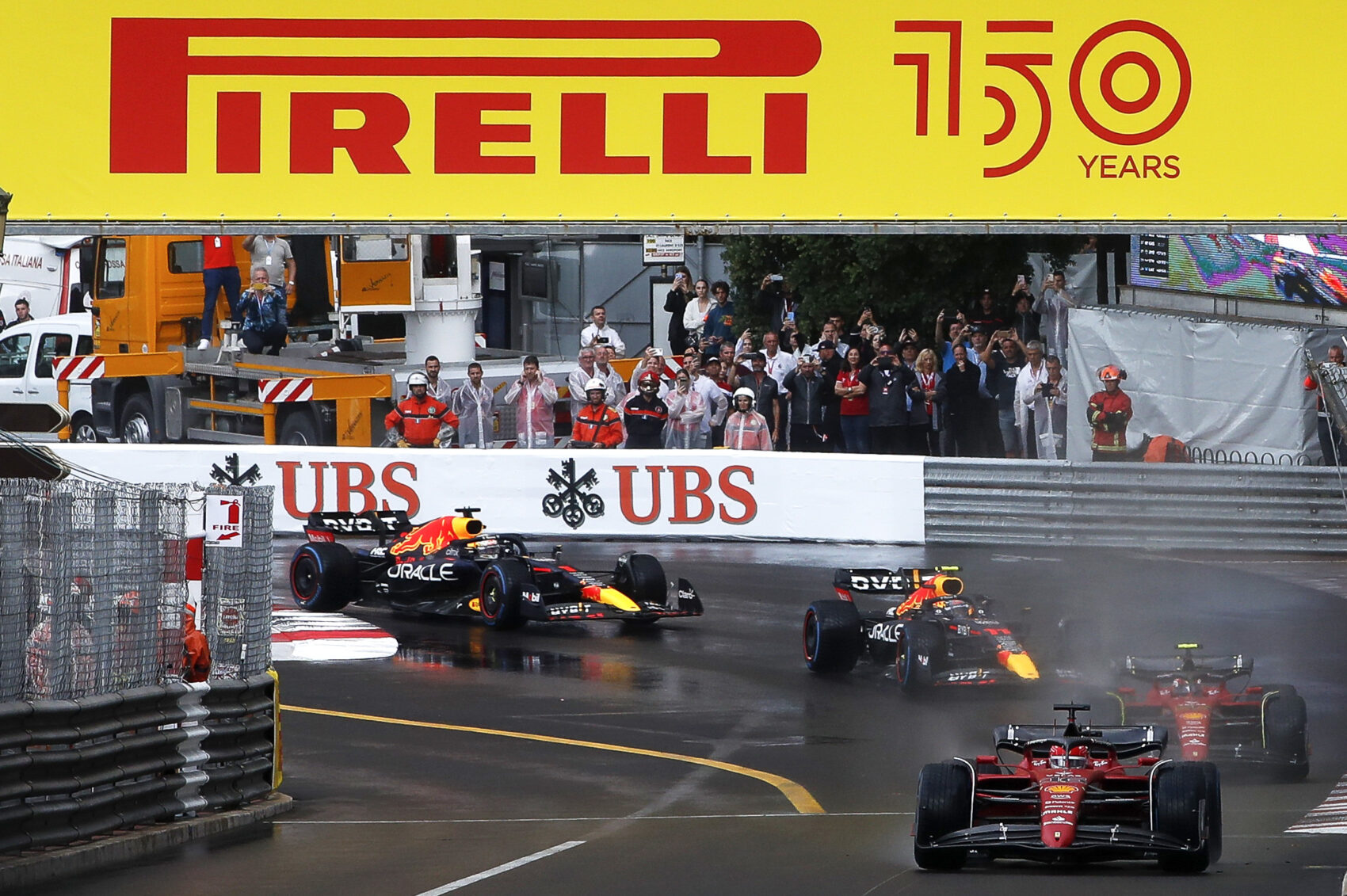Research shows that less social cohesion is an additional factor in reducing vaccine responses
An investigation of the University of Limerick (Ireland) revealed for the first time that loneliness and social stress can negatively impact our antibody response to vaccines COVID-19.
In their work, published in the scientific journal ‘Brain, Behaviour and Immunity’have shown that a less social cohesion also made people feel more aloneand this was an additional factor in reducing responses to the COVID-19 vaccine.
Social cohesion is the degree of social connection and solidarity between different community groups in a societyincluding levels of trust and connection between individuals and between community groups.
“Low social cohesion was a social stressor and we’ve known for a long time that these psychosocial stressors may have detrimental effects on immunity in general, but also on antibody responses after vaccination, what we have shown above. Therefore, it made sense to explore antibody responses to COVID-19 vaccines,” said Professor Stephen Gallagher, lead author of the paper.
Using data from more than 600 people who participated in the UK Understanding Society COVID-19 Antibody Study in March 2021, the researchers examined whether factors such as social cohesion and loneliness had a negative impact on antibody responses. of people to the vaccine.
The authors discovered that less social cohesion was predictive of less response to a single injection of the vaccine; that those who felt less connected to their neighborhood, had less trust in their neighbors, and felt unsupported or less similar to their neighbors, produced fewer antibodies compared to those who reported greater social cohesion.
Additionally, those who reported less social cohesion also tended to report feeling more lonely, and this, in turn, lowered their antibody response.
–


